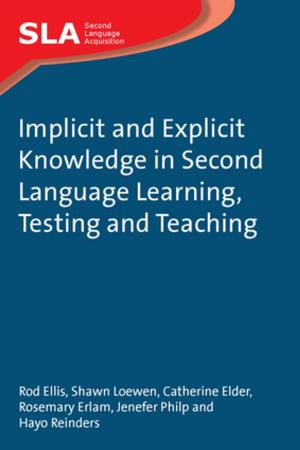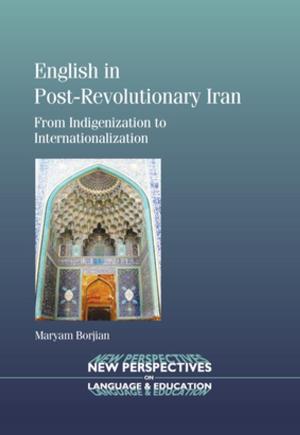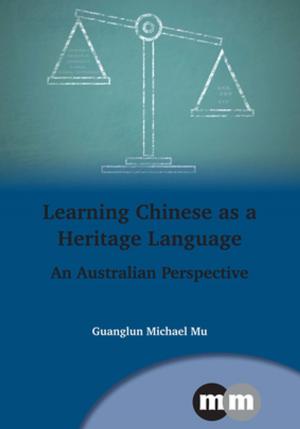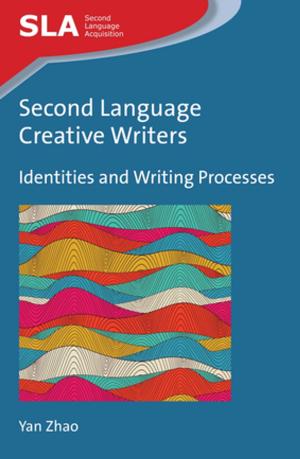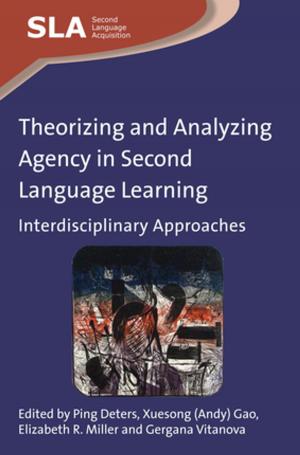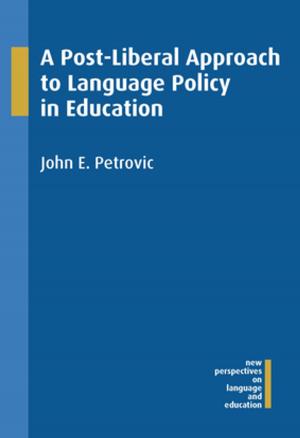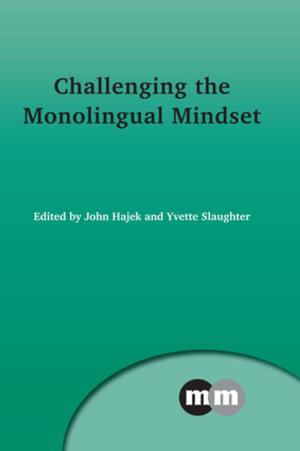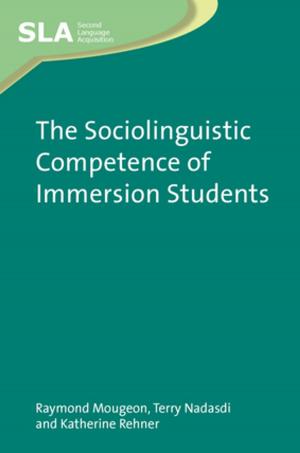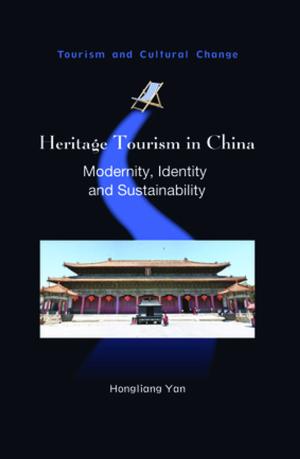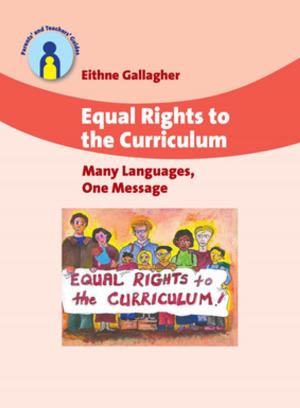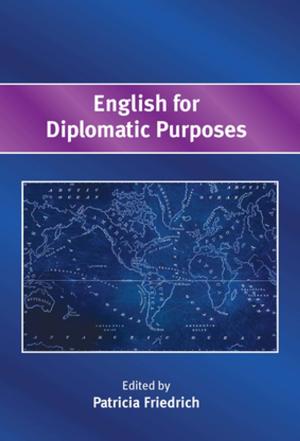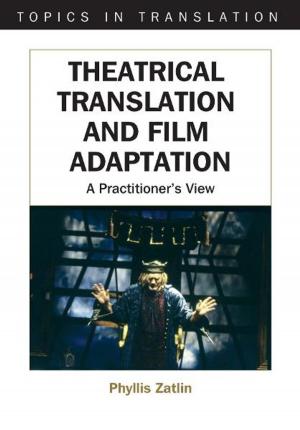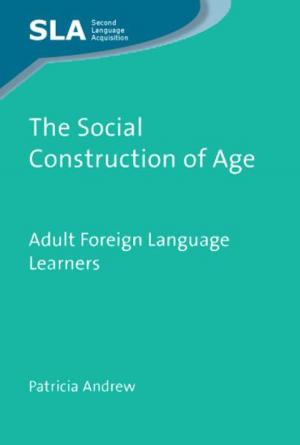Language Learning, Power, Race and Identity
White Men, Black Language
Nonfiction, Reference & Language, Language Arts, Study & Teaching, Social & Cultural Studies, Social Science, Cultural Studies, Ethnic Studies| Author: | Liz Johanson Botha | ISBN: | 9781783093878 |
| Publisher: | Channel View Publications | Publication: | July 2, 2015 |
| Imprint: | Multilingual Matters | Language: | English |
| Author: | Liz Johanson Botha |
| ISBN: | 9781783093878 |
| Publisher: | Channel View Publications |
| Publication: | July 2, 2015 |
| Imprint: | Multilingual Matters |
| Language: | English |
This book investigates the strategies and identities of colonials who have learned the languages of colonised people, using the context of isiXhosa in South Africa. While power in language learning research has traditionally focused on the powerful native speaker and the relatively disempowered learner, this book studies the inverse, where elites are the language learners. The author analyses the life histories of four white South Africans who acquired isiXhosa during the apartheid years. The book offers insights into relationships between language, power, race, identity and change in their stories and in the broader context of apartheid and post-apartheid South Africa, with its conflicted history and disparities. This book should appeal to researchers interested in studies of language acquisition, narrative and identity, as well as those more broadly interested in South African history, multilingualism and race studies.
This book investigates the strategies and identities of colonials who have learned the languages of colonised people, using the context of isiXhosa in South Africa. While power in language learning research has traditionally focused on the powerful native speaker and the relatively disempowered learner, this book studies the inverse, where elites are the language learners. The author analyses the life histories of four white South Africans who acquired isiXhosa during the apartheid years. The book offers insights into relationships between language, power, race, identity and change in their stories and in the broader context of apartheid and post-apartheid South Africa, with its conflicted history and disparities. This book should appeal to researchers interested in studies of language acquisition, narrative and identity, as well as those more broadly interested in South African history, multilingualism and race studies.


